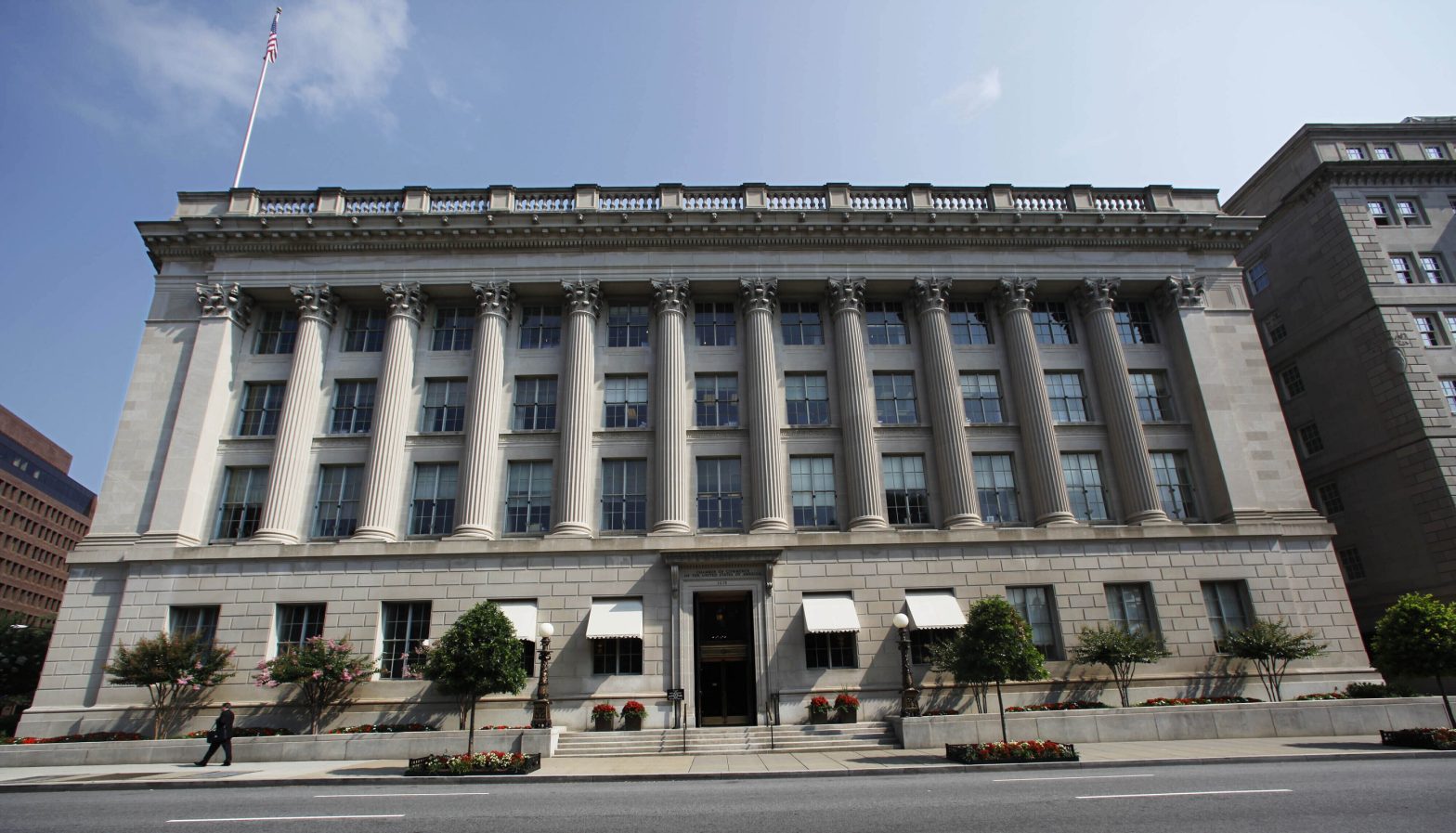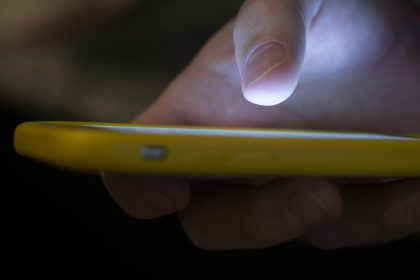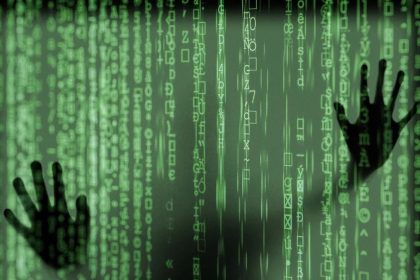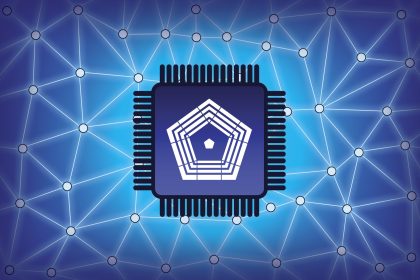Cybersecurity Experts Caution Congress About ‘Global Emergency’ from Hackers

WASHINGTON — Cybersecurity experts suggested to a congressional committee Wednesday that lawmakers act quickly to address growing threats from hackers.
They mentioned the SolarWinds computer infiltration by the Russians last year and a hacker’s attempt to poison a Florida municipal water supply last week as examples.
“These attacks in my opinion for all intents and purposes should be considered an attack on the United States,” said Rep. Lou Correa, D-Calif.
The cybersecurity witnesses told the House Homeland Security Committee there is no easy solution to cyberattacks.
“We keep hooking more and more devices up to the internet,” said Michael Daniel, president of the Cyber Threat Alliance, a non-profit advocacy organization for cybersecurity.
A few decades ago, internet connectivity consisted almost completely of computers. Now it includes cars, water systems and other equipment, he said.
As a result, hacking attacks can be more devastating, Daniel said.
SolarWinds refers to a 2020 cyber-attack backed by the Russian government that penetrated thousands of organizations globally, including U.S. government agencies that handle national security and financial issues.
The Russian hackers gained access to the agencies’ computers for about nine months, making it the most devastating cyberattack in U.S. history. Other organizations affected included NATO, the European Parliament and Microsoft Corp.
Last Friday, a hacker tapped remotely into the Oldsmar, Fla., water treatment plant to try to fill the city’s water supply with potentially deadly levels of sodium hydroxide, also known as lye. The unknown hacker briefly increased the level of lye but it was detected before it threatened anyone’s health.
About 54,000 water systems are operated in the United States by local governments or private contractors.
“I think we’re on the verge of a global emergency,” said Chris Krebs, former director of the U.S. Cybersecurity and Infrastructure Security Agency.
Sue Gordon, a former deputy director at the U.S. Office of the Director of National Intelligence, suggested a multi-layered approach to cybersecurity.
“There’s no technology magic bullet,” she said.
Instead, she suggested more public-private ventures dedicated to security. In addition, leadership of the effort should not be controlled by a single agency but spread among several organizations that can double-check each other, she said.
Dmitri Alperovitch, chairman of the Silverado Policy Accelerator, a non-profit organization for advancing economic prosperity, said a purely defensive posture against cyberattacks will offer only limited security.
“We need to go on the offense,” he said.
Only when the cost to hackers is so great that it acts as a deterrent will cybersecurity become more effective, he said. Disrupting the infrastructure of the hackers — such as launching computer viruses and attacks against the attackers — were examples Alperovitch and other experts mentioned.
He also recommended against overlooking the international threat against the United States.
“We do not have a cyber problem,” he said. “We have a China, Russia, Iran and North Korea problem.”
He added, “I really believe that SolarWinds is the new normal for the Russians.”























